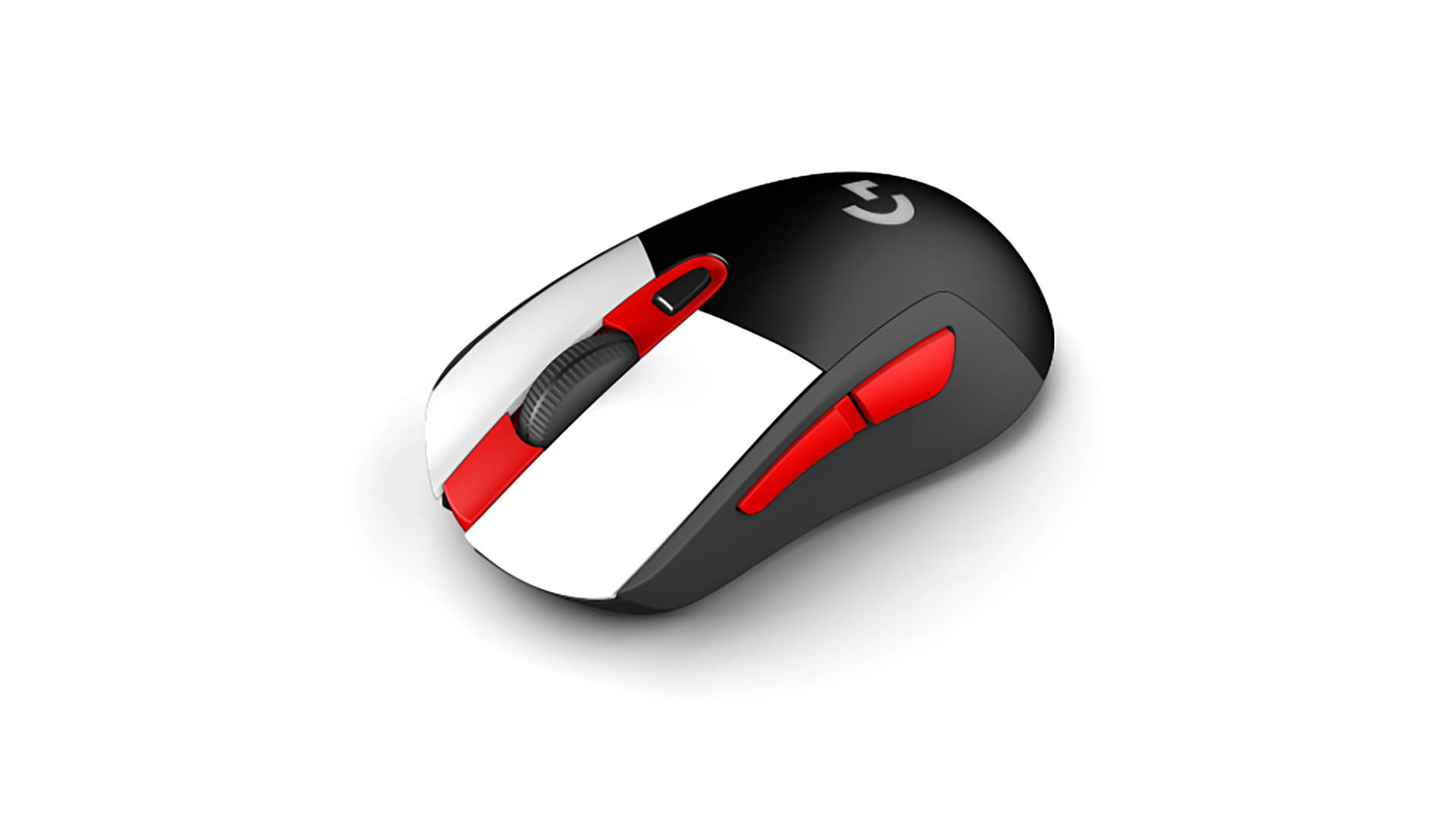Microsoft Edge is the fastest growing browser and it's not even close
It's now the second most-popular browser, having overtaken Firefox in market share.

It's safe to assume Microsoft has absolutely no regrets about gutting its Edge browser and rebuilding it around Chromium, the same underlying engine that powers Google's own Chrome browser. Any doubts about the decision go right out the window when looking at the market share figures—Edge usage is growing at a phenomenal clip, and it is not inconceivable that it could one day challenge Chrome for the top spot.
That's getting a little ahead of ourselves. But in the here and now, as first reported by WindowsLatest, Edge usage is second only to Chrome, according to Net Marketshare, having squeaked by Firefox. It's a distant second, but what's remarkable is the rate at which people are migrating over.
Or it sits in third place behind Chrome and Safari, if looking at StatCounter's numbers, which show Edge closed out last month with an 8.03 percent share of the browser market. That's up from a piddly 0.57 percent share in the same month a year ago, which as BleepingComputer points out, represents a massive 1,300 percent growth rate over the past 12 months.
Of course, when starting at such a low place, even a small amount of growth can translate into an eye-popping percentage. But it's still impressive that Edge has gone from being virtually non-existent (in terms of usage) to surpassing Firefox, which sits at 7.95 percent (down from 9.25 percent in March 2020), in the course of a year.
Chrome, meanwhile, has gone from a high of 70.33 percent over the past year, to 67.14 percent currently. So part of Edge's increase in popularity has come at the expense of Chrome.
Not surprisingly, Edge's uptick began in earnest last June, when Microsoft started rolling out the new version to Windows 10 users via Windows Update. However, Edge's rise in usage is not just a matter of convenience. Edge is actually a good browser these days—it's fast, supports a bunch of extensions, and has some nifty features (like vertical tabs).
Whether Edge ever catches up to Chrome remains to be seen. It may seem like a trivial thing, but browser share actually matters. For some, like Mozilla, there is money to be had from selling a browser's default search engine, and the larger the share the more companies like Google are willing to pay.
Keep up to date with the most important stories and the best deals, as picked by the PC Gamer team.

Best gaming mouse: the top rodents for gaming
Best gaming keyboard: your PC's best friend...
Best gaming headset: don't ignore in-game audio
Beyond that, browsers exert control over the web and the standards that drive the online experience. Google, for example, is moving away from allowing third-party tracking cookies, in favour of a web technology called Federated Learning of Cohorts (FLoC) that clumps users into groups, or "cohorts."
"FLoC is a new approach to interest-based advertising that both improves privacy and gives publishers a tool they need for viable advertising business models. FLoC is still in development and we expect it to evolve," Google says.
The Electronic Frontier Foundation believes "FLoC is a terrible idea" that ultimately "creates new privacy risks" for users. Whether that's the case or not doesn't matter, in the sense that Google's share of the browser market is so large it wields the power to make such decisions, regardless of objections valid or otherwise.
Paul has been playing PC games and raking his knuckles on computer hardware since the Commodore 64. He does not have any tattoos, but thinks it would be cool to get one that reads LOAD"*",8,1. In his off time, he rides motorcycles and wrestles alligators (only one of those is true).


